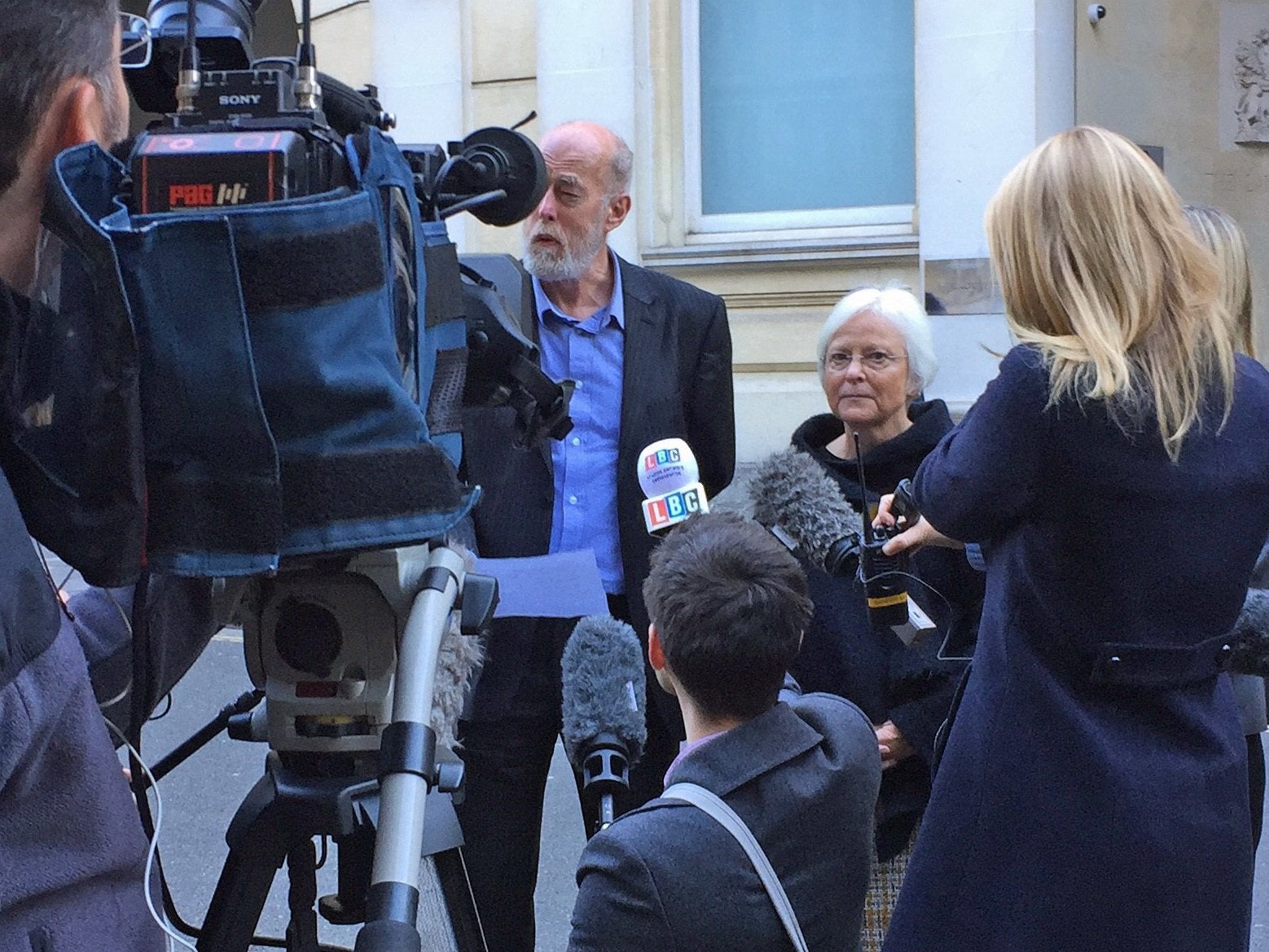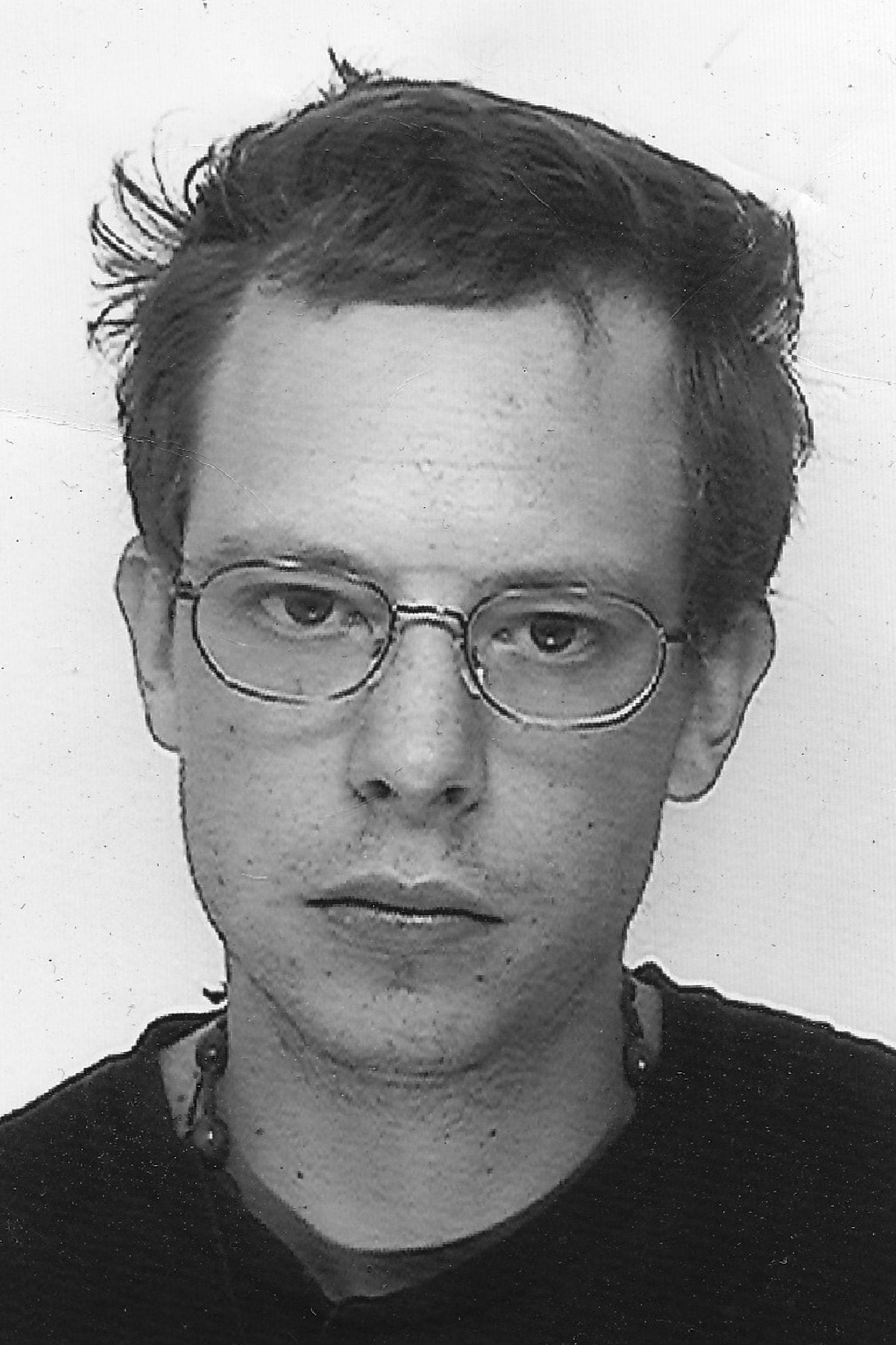Thomas Orchard: Police admit failings over man who died after being restrained with belt
The man, who had paranoid schizophrenia, had an emergency response belt placed over his face before being left in a cell

Your support helps us to tell the story
From reproductive rights to climate change to Big Tech, The Independent is on the ground when the story is developing. Whether it's investigating the financials of Elon Musk's pro-Trump PAC or producing our latest documentary, 'The A Word', which shines a light on the American women fighting for reproductive rights, we know how important it is to parse out the facts from the messaging.
At such a critical moment in US history, we need reporters on the ground. Your donation allows us to keep sending journalists to speak to both sides of the story.
The Independent is trusted by Americans across the entire political spectrum. And unlike many other quality news outlets, we choose not to lock Americans out of our reporting and analysis with paywalls. We believe quality journalism should be available to everyone, paid for by those who can afford it.
Your support makes all the difference.Devon and Cornwall Police have pleaded guilty to health and safety breaches after a belt was used on a man with mental health problems before he collapsed in custody.
Thomas Orchard, 32, died in hospital seven days after being arrested and taken to Heavitree Road police station in Exeter, Devon, in October 2012.
During his detention Mr Orchard, who had paranoid schizophrenia, was restrained and an Emergency Response Belt (ERB) was placed across his face.
He was then left in a locked cell, where he lay apparently motionless for 12 minutes before custody staff re-entered and started CPR.

In March 2017, a custody sergeant and two staff members from Devon and Cornwall Police were acquitted of Mr Orchard's manslaughter by gross negligence.
A year later, the Crown Prosecution Service announced it had charged the office of the chief constable of the force under the Health and Safety at Work Act 1974.
This alleges that the force failed to ensure non-employees, including Mr Orchard, were not exposed to risks in connection with the ERB.
Shaun Sawyer, the chief constable, appeared at Bristol Crown Court on behalf of the force on Friday and entered a guilty plea to the single charge against it.
The court heard the issue of whether the breaches caused Mr Orchard's death has not been resolved between prosecution and defence teams.
Judge Julian Lambert will decide on the issue during a hearing, expected to last for three days, in April next year.
A sentencing hearing, in which the force is expected to receive a fine, will take place in May.
Speaking outside court, Mr Orchard's parents said they were "shocked and horrified" that Devon and Cornwall Police denied the breaches contributed to his death.
"For over six years Devon and Cornwall Police have consistently refused to accept any responsibility for Thomas' needless and avoidable death," Ken Orchard said.
"We welcome today's guilty plea and the fact that they are finally admitting to some failings.
"However, having watched and listened to much evidence over the years, we are shocked and horrified that they still deny that those failings in any way contributed to Thomas' death.
"Despite the claims of the chief constable, we see little actual evidence of remorse.
"Therefore, whilst our family does not relish the prospect of yet another hearing, we are pleased that the defendant's denial that its criminal conduct caused Thomas' death will now be tested in open court.
"We will continue to fight for justice for Thomas and are committed to doing all we can to reduce the shameful frequency with which people with mental health difficulties die in police custody.
"Sadly, we have come to the conclusion that change will only come about when police authorities are forced to take responsibility and that is our hope as we go forward with Thomas' case."
Helen Stone, solicitor at Hickman & Rose, which represents Mr Orchard's family, called for all police forces to review how equipment is approved, reviewed and trained for use.
"As far as we are aware, this is the first time a police force has admitted to a health and safety breach in connection with a death in police custody," she said.
"It therefore opens up a new front in society's fight against state wrongdoing."
Mr Orchard, a church caretaker, was suffering from a mental health crisis when he was arrested in Exeter city centre at about 11am on 3 October, 2012.
He was dealt with by seven police officers, handcuffed and restrained around his legs before being driven into the Heavitree Road custody unit.
The belt was placed across his face and he was carried to a police cell, where he was searched before it was removed.
Mr Orchard was left in the cell, where he was found unresponsive 12 minutes later.
Mark Heywood QC, prosecuting, told Bristol Crown Court that both prosecution and defence teams agreed that Mr Orchard's death was "multi-factorial".
"The issue is whether or not restriction of breathing by application of the belt was a contributory factor [of death]," he said.
Agencies contributed to this report